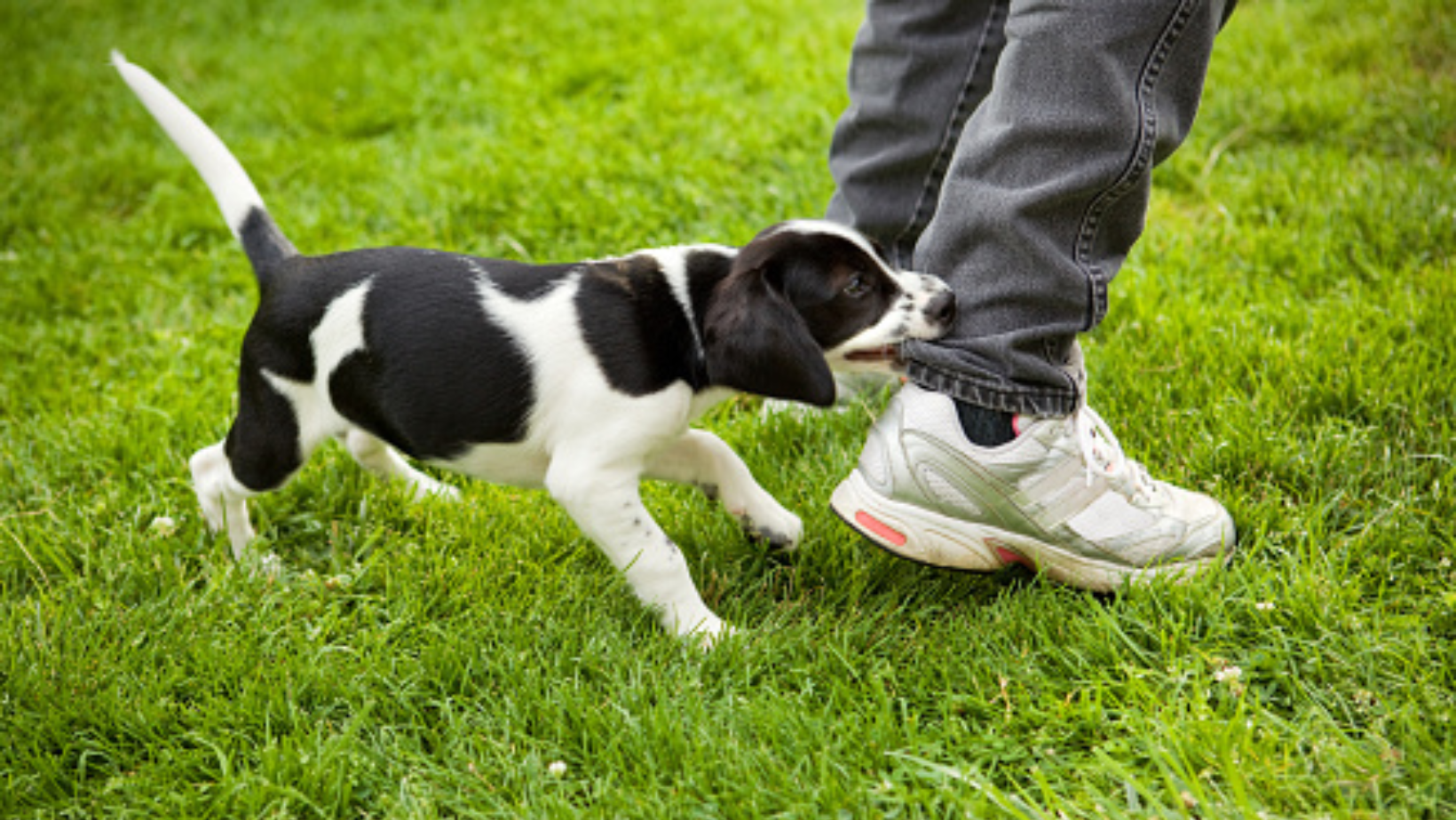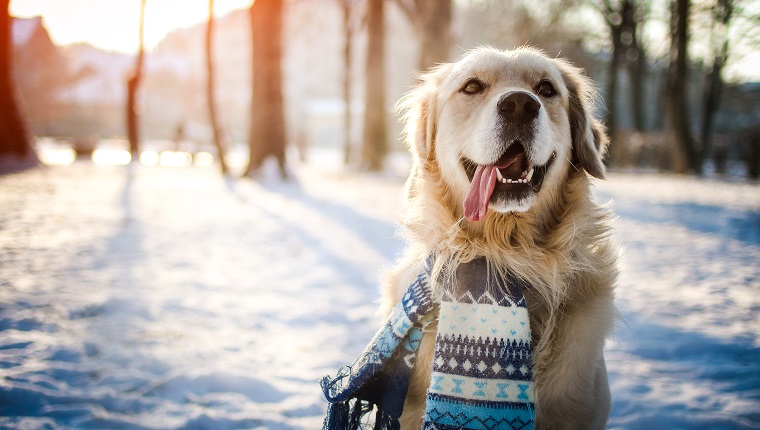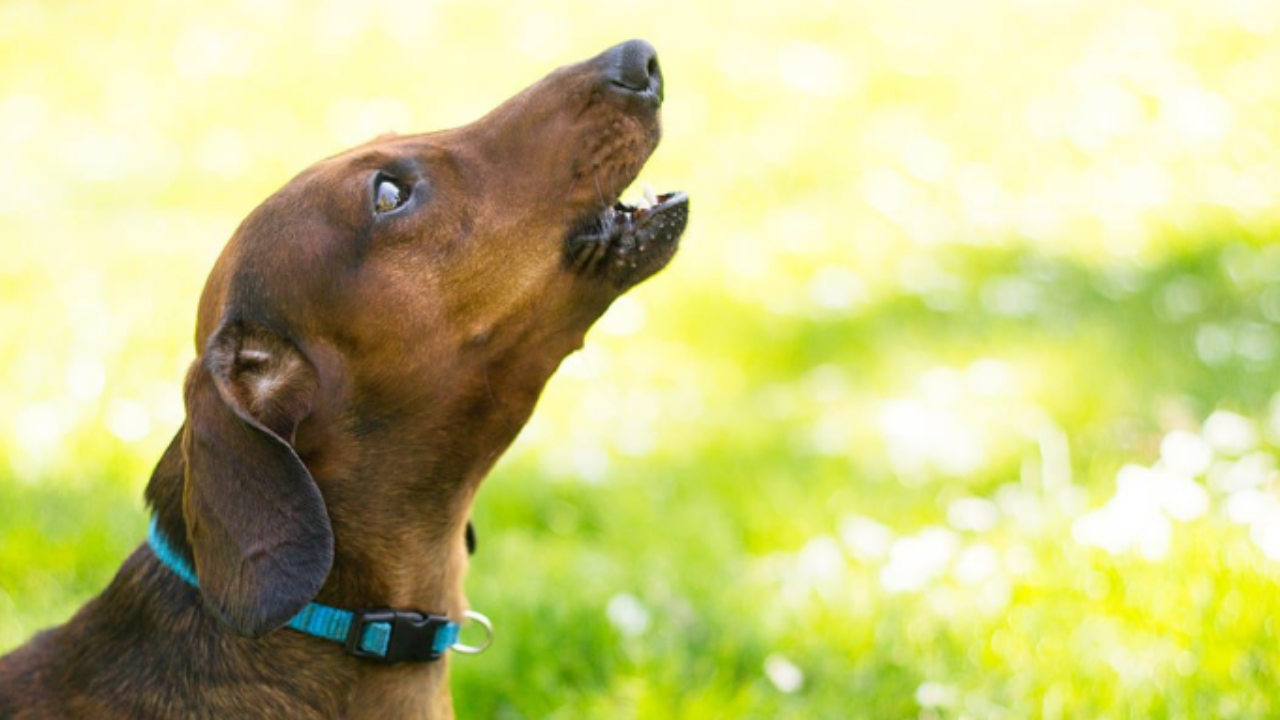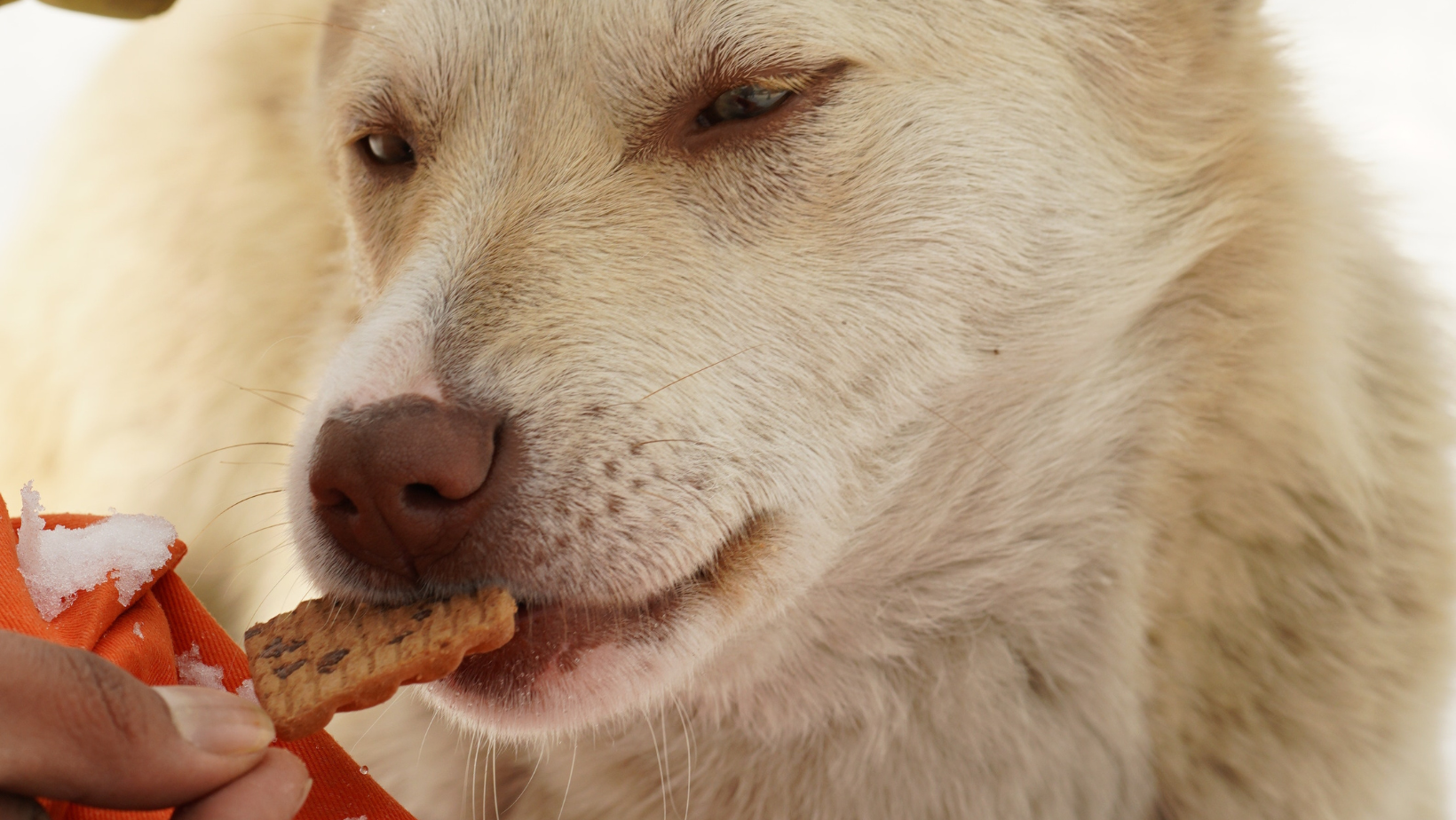How to Stop Puppy Biting

Is the new dog in your family attacking anything it can get its mouth on? Why do young pups bite so frequently? If your dog bites you, is it natural or should you try to stop it?(How to Stop Puppy Biting)
A summary of puppy biting behaviour is provided here, along with suggestions for preventing your puppy from biting you.
Why Do Puppies Bite?
Puppies frequently utilise their teeth for play and exploration. It’s how they discover the world, much like human infants, and it’s crucial to their socialisation. And while they are teething, pups will also gnaw on everything.
Here are a few explanations on why dogs bite.
Exploring the World
Biting things, including other pups, their owners, and inanimate items, teaches puppies a lot. They acquire sensory data regarding the thing in question, including how hard they can bite it, what it tastes like, and whether or not they should repeat that action.
A puppy could keep biting anything depending on the flavour and substance of it.
Puppies may bite or chew on items such as furniture, rugs, carpets, pillows, clothing, shoes, remote controls, window frames, door jambs, their crate, bed, feeding dish, etc. as they explore their new home.
What to Do if Your Puppy’s Chewing Your Belongings
Give your dog lots of different chew toys, and remove any other home things that are within reach that they may chew on.
Make a noise to grab your puppy’s attention if you notice them biting on unsuitable items around the home, and then use a toy that they can gnaw on to divert their interest.
Plan a lot of playtime and exercise for you and your dog. If you do not provide them with adequate cerebral stimulation, they could chew on unwanted objects to pass the time.
Puppy Teething
Around 12 to 16 weeks of age, the adult teeth begin to erupt, and around this period, you could notice more gnawing on you or other items. As adult teeth erupt and replace the puppy teeth, your puppy’s gums could feel a little tender.
What to Do if Your Puppy’s Teething
When your puppy is old enough to teethe, you can give him or her puppy teething toys. These teething toys often feature softer plastic so they won’t harm developing adult teeth or infant teeth. They also serve to soothe sore gums.
When your puppy plays with any toys, keep an eye on them to make sure they don’t swallow little parts after chewing them off.
Play Behavior
To get another puppy to play, some puppies may show a play bow, and other puppies will approach and nip or bite the other puppy’s leg. Puppies who bite one another acquire a crucial ability called bite inhibition.
Puppies learn through play biting how much pressure they can exert with their teeth and what occurs when they do so.
Let’s imagine, for illustration, that puppies A and B are playing together. Puppy B will scream out and stop playing with puppy A when puppy A bites too hard and hurts the puppy. Even puppy B could turn away from puppy A.
Puppy A learns from this exchange that other puppies won’t play with him if he bites them too hard. So puppy A softens his play bites so they won’t hurt other puppies or make them flee.
While some puppies can learn from a single experience, others must play with other puppies repeatedly in order to develop a softer bite.
Due to the fact that they perceive biting as typical canine behaviour, your puppy will attempt to play with you by doing so. While this occurs, you will need to communicate clearly when teaching your puppy not to bite.
What to Do if Your Puppy’s Biting You to Play
Never entice your dog to chase your hands or toes in an attempt to get them to stop biting you. Your puppy will grow older and get sharper teeth in due time. The once-harmless puppy nip will develop into a bite that is no longer enjoyable and entertaining.
Make a loud noise and stop playing with your puppy right away if it begins to bite you during play or while you’re playing. If your puppy is persistent in their activity, go away from them or briefly enter another room and shut the door.
When your puppy bites you repeatedly, they will eventually learn not to. Your puppy won’t learn to control their bite when playing with you if you don’t provide this feedback.
Tips for Stopping Puppy Biting
Puppy biting is a typical aspect of their growth, but it’s crucial that you deal with the behaviour in the right way. You must exercise patience, perseverance, and consistency. Ask your veterinarian or a veterinarian behaviourist for assistance if you are frustrated by your puppy’s behaviour.
The following advice will help you successfully stop your dog from biting you.
Avoid Harsh Verbal or Physical Corrections
The only thing a puppy learns through verbal and physical punishments is how to suppress a behaviour. Your dog will become afraid and anxious if you penalise them for bad behaviour.
Give Your Puppy Age-Appropriate Toys
- Start off with a sizable stock of a variety of puppy-safe toys, such as plush animals with squeakers, rubber balls that are sized for puppies, rope toys, and soft rubber toys.
- Showing your dog the toy while rolling or otherwise moving it will encourage them to play.
- Every time your puppy snatches the toy, give him lots of vocal praise.
- Do not quickly jerk away if your puppy grabs your hand or some of your clothing. Make a howl instead, then get away.
- Close the door and leave the room temporarily if the dog follows you and keeps biting your legs, ankles, or feet. It will make it extremely apparent that if your puppy bites you again, you won’t be able to socialise with them.
- Take a 10- to 20-second break before returning.
- As soon as your puppy approaches you sprinting, play with them using a toy.
They will quickly discover that biting toys rather than you is more entertaining.
Redirect Your Puppy’s Attention With Training Cues
Once your puppy has learned some fundamental training cues, you may also lead it to engage in different actions.
- Make a noise to divert your puppy whenever it bites.
- Redirect them to engage in nonbiting actions like sitting, staying, coming, etc. as soon as the biting activity stops.
- Give your puppy lots of praise and delectable goodies to help him or her maintain such actions.
Try Puppy Socialization Classes
Another beneficial and essential component of your dog’s education is taking puppy socialisation lessons.
They practise interacting with pups of all sizes, breeds, and sexes in the classroom. Puppy lessons offer a supervised setting where they may engage with other puppies and learn what is and is not acceptable play behaviour.
Nipping and Biting in Adult Dogs
A puppy whose jaw does not exert much force can learn bite inhibition much more quickly. If not, you could be dealing with a dog that can bite so forcefully that it leaves bruises, abrasions, or punctures.
If you don’t train your puppy to control their bite and provide them proper chew toys, they’ll grow up to be an energetic teenage dog who may be more challenging to control.
But that doesn’t preclude you from teaching them bite restraint when they become older. Adult and adolescent dogs that have not acquired bite restraint as puppies can be taught the same principles.
Consult a behaviourist, such as a veterinary behaviourist (a Diplomate of the American College of Veterinary Behaviorists or DACVB) or certified animal behaviourist if your puppy or adult dog is biting you so forcefully that the bite breaks the skin (CAAB).





